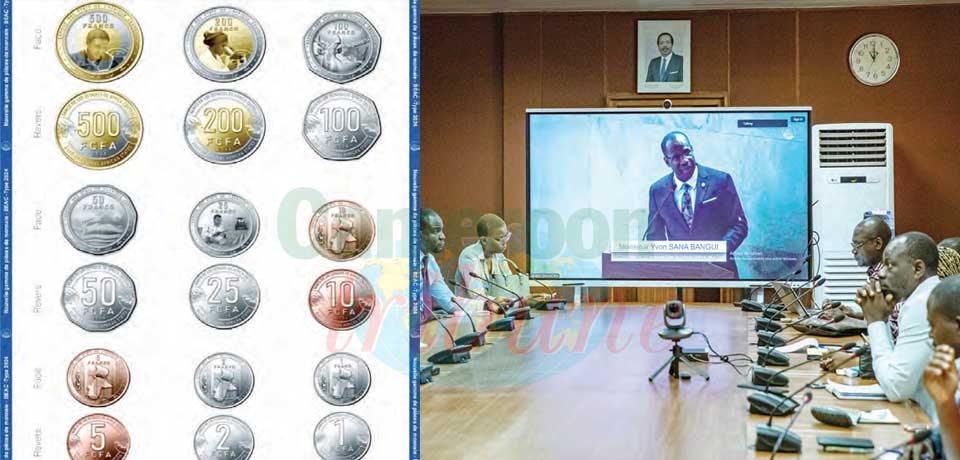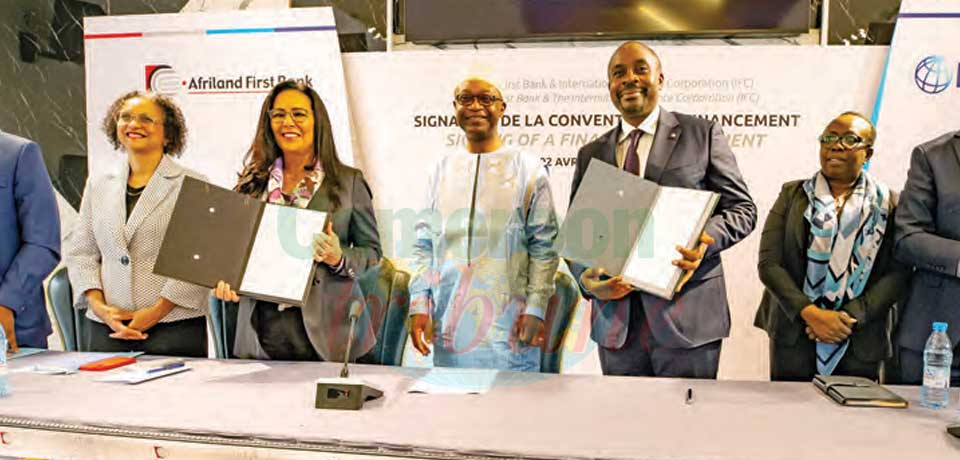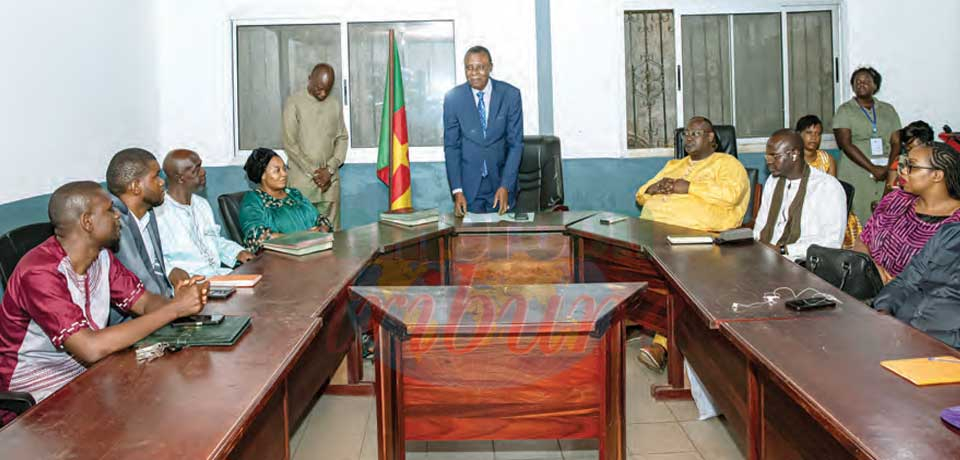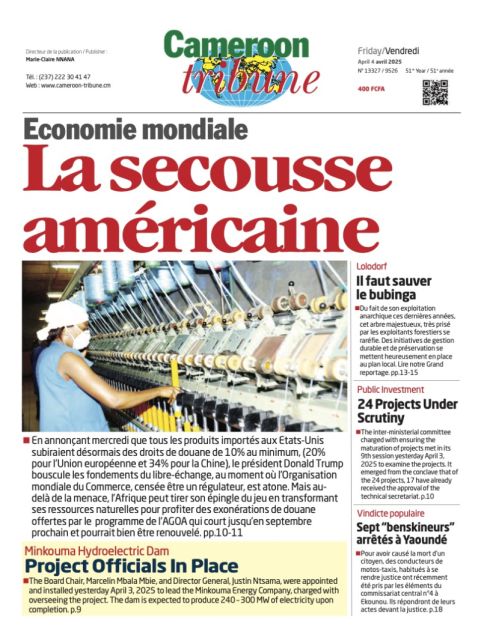Obligatory Economic Transformation
- Par Crown copyright © 2018 Thomson Reuters
- 27 déc. 2016 12:15
- 0 Likes
Curtains dropped on the Extra-ordinary Summit of Heads of State of Cameroon, Central African Republic, Congo, Equatorial Guinea, Gabon, and Chad on 23 December 2016 in Yaounde
... the presence of the Director General of the International Monetary Fund (IMF), Mrs Christine Lagarde and the French Minister of Economic Cooperation and Finance, Michel Sapin. At the invitation of the Cameroon Head of State, President Paul Biya, participants focused on the economic hurdles facing the Central Africa sub-region and indicated in a 21-point resolution the measures that they must take for the zone to avoid bankruptcy.
Although the economic challenges faced by the countries within the sub-region differ, the general trend, according to the IMF, shows a deficit Balance of Payments of 6.7 per cent in Gross Domestic Product, GDP in 2016 as against 9.2 per cent 2015. Experts say that the situation simply means that the Central African Economic and Monetary Community, CEMAC, zone spends too much on importation because it depends heavily on raw material. At a glance, the sub-region is endowed with several natural resources, but unfortunately natural resources alone cannot develop an economy.
There has to be a sustained policy that entails the harnessing of human resources for the processing of existing natural resources into semi-finished and finished products for export. Through this, foreign excahnge can then trickle into the sub-region so as to create the required economic take-off and help in improving the standards of living of the people.
Put this way, the entire exercise appears to be so easy. Yet, the narrative is not new. Since independence, uncountable speeches, conferences, research works and reflections of all forms exist on the importance of transforming the economies of countries within the sub-region. Virtually everybody seems to agree that the need for economic transformation is non-negotiable if CEMAC countries are to add value to the numerous natural resources they have. The magic wand is therefore industrialisation which has remained on paper or a matter of lip-service in all the CEMAC member countries this far.
The million dollar question therefore is; why has it been so impossible to do the right thing within the CEMAC sub-region for generations now? Without being exhaustive, the answer may be blowing in the wind. Poor governance and political bickering remain rife, making it difficult for viable policies to be enacted and applied. The dependence on crude oil has demonstrated its limits since the 2008 global economic recession and the continuous drop in crude oil prices in the last two years have come to expose how fragile our economies are.
No one ought to be surprised by the situation today given that little or nothing has been done in the past to...
Cet article complet est réservé aux abonnés
Déjà abonné ? Identifiez-vous >
Accédez en illimité à Cameroon Tribune Digital à partir de 26250 FCFA
Je M'abonne1 minute suffit pour vous abonner à Cameroon Tribune Digital !
- Votre numéro spécial cameroon-tribune en version numérique
- Des encarts
- Des appels d'offres exclusives
- D'avant-première (accès 24h avant la publication)
- Des éditions consultables sur tous supports (smartphone, tablettes, PC)
Reactions
De la meme catégorie
Hôtellerie et confection d’emballages : deux investisseurs agréés par l’Apme
- 03 avril 2025 11:16
- 0 likes














Commentaires